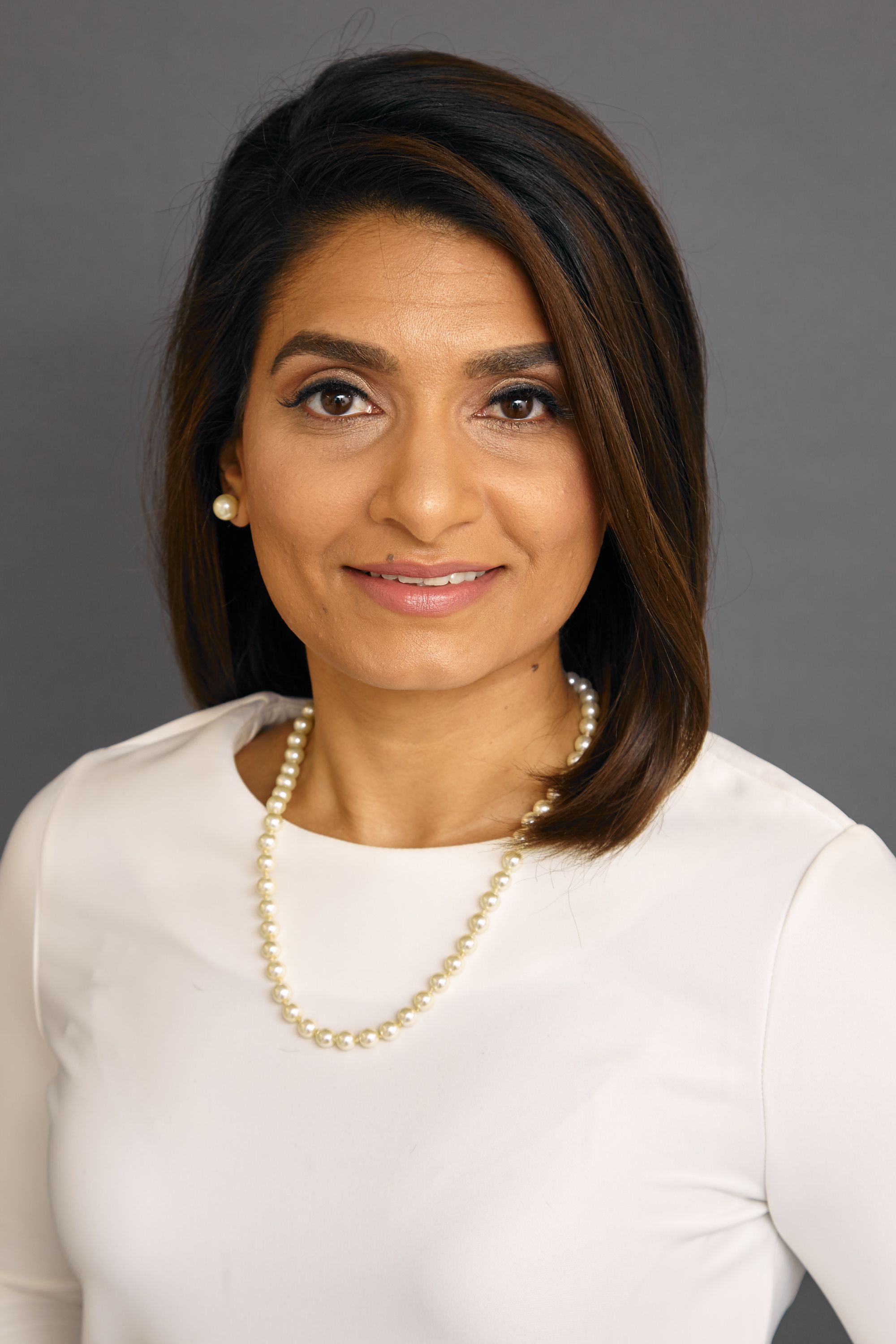Dr. Fatima Husain On Being A Female Doctor In Male Dominated Field Of Urology


PROSPECT HEIGHTS – When Dr. Fatima Husain entered an operating room for the first time in medical school, she passed out. These days, the sight of blood no longer makes her squirm. A urologist with NewYork-Presbyterian Medical Group Brooklyn since April, her office is located about 15 minutes away from the NewYork-Presbyterian Brooklyn Methodist Hospital in Park Slope.
“Urology is a field that is very male-dominated, even in the 21st century,” she said. “Up until last year, only eight percent of all practicing urologists were women. And that is very, very low. But, that is one of the reasons why I chose urology.”
“Urology is one of the surgical sub-specialties where you get to maintain a very long relationship with your patient,” Husain explained. “In other specialties, for example, like general surgery, there’s a person who needs an appendectomy. They remove the appendix, see them in post-op and then they are free from their care.”
Dr. Husain grew up in a family of doctors, but didn’t always want to be a doctor herself -she never liked the idea of blood or death. Born in Houston, Texas, where her parents – an engineer and a doctor – had emigrated to from Lahore, Pakistan, Dr. Husain spoke Urdu and Punjabi before she learned English (and Spanish). Her grandmother lived in Lucknow, India and was the first woman doctor in the city back in the day. For Husain, her grandmother is her hero.
Husain initially got her masters in Public Health and was working fulltime for an insurance company in NY. As part of that role, she was doing plenty of work with patient outreach. It was not long after that she decided to go to medical school and is now making sure that she mentors other female doctors.
Husain didn’t have many mentors who were women while training to be a doctor and said it is different when you have another woman that’s been through it all. Now, she quite proudly serves as a mentor to the women entering the field today.
“I am very girl power,” she smiled. “Whether you are coming into urology or not, I make sure female medical students, female residents, have someone to look up to. It’s not just about mentoring you through your career. It’s about mentoring you to medicine and the challenges that come up being a woman.”
“My last name is Husain and that always tickles people a little bit and they ask questions,” she said. “I think generally speaking, especially in NY, people are just more curious. They find someone new – exciting. You’d be surprised at how many people like having a female physician.”
Whenever a patient comments something like “Oh, you’re a woman,” Husain shows them two studies. There was a study in 2017 that compared the rates of hospital mortality and readmission for patients treated by male vs female physicians. It turns out, “patients treated by female physicians had significantly lower mortality rates and readmission rates compared with those cared for by male physicians within the same hospital.”
In another study, it was found that “Patients of female surgeons tend to have lower death rates, fewer complications, and lower readmissions to the hospital a month after their procedure, compared to the patients of male surgeons,” TIME Magazine reported.
Being a woman physician and a surgeon, Husain is proud of those statistics. It also helps that she’s a generally positive person and tries to get her patients to be the same way.
“I echo a lot of what I say to myself in life to my patients, too,” she said. “Even when they’re recovering from surgery, I always tell them they have to focus on the positives and keep a positive attitude. I definitely think that impacts recovery, health, and well being.”
When she’s not in the hospital, Dr. Husain is doing a lot of community outreach and that is super important to her.
“Not everyone in the United States is lucky to have insurance, which is unfortunate. Access to care is one of the things I care about a lot,” she said twisting her left earing. “We have a lot of immigrants here. It doesn’t matter to me if you have insurance or not. The thing that matters the most is – your health is well and that you are able to take care of whatever issue you need to.”
Does she think the universe has been good to her?
“I have food on my table, a roof over my head, and my family is healthy and well,” she said. “I feel blessed every day, despite the 100-degree weather.”
As Husain was leaving her office to head back to the Hospital, she said goodbye to her staff. “Have a good weekend,” she told them. She then paused and laughed. It was only Monday.




